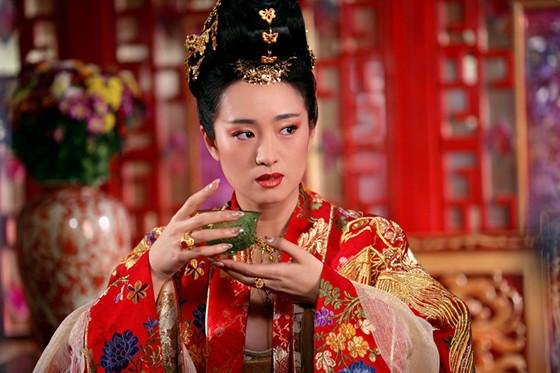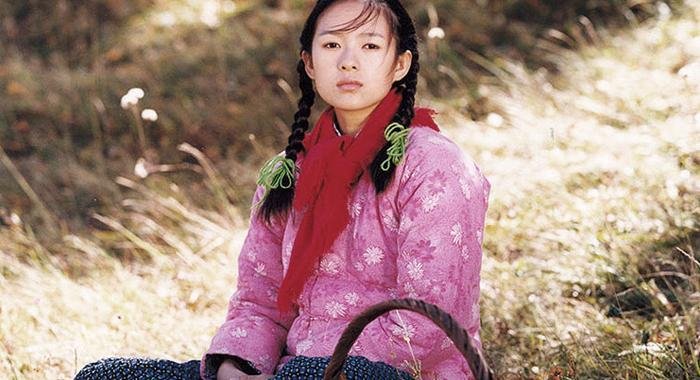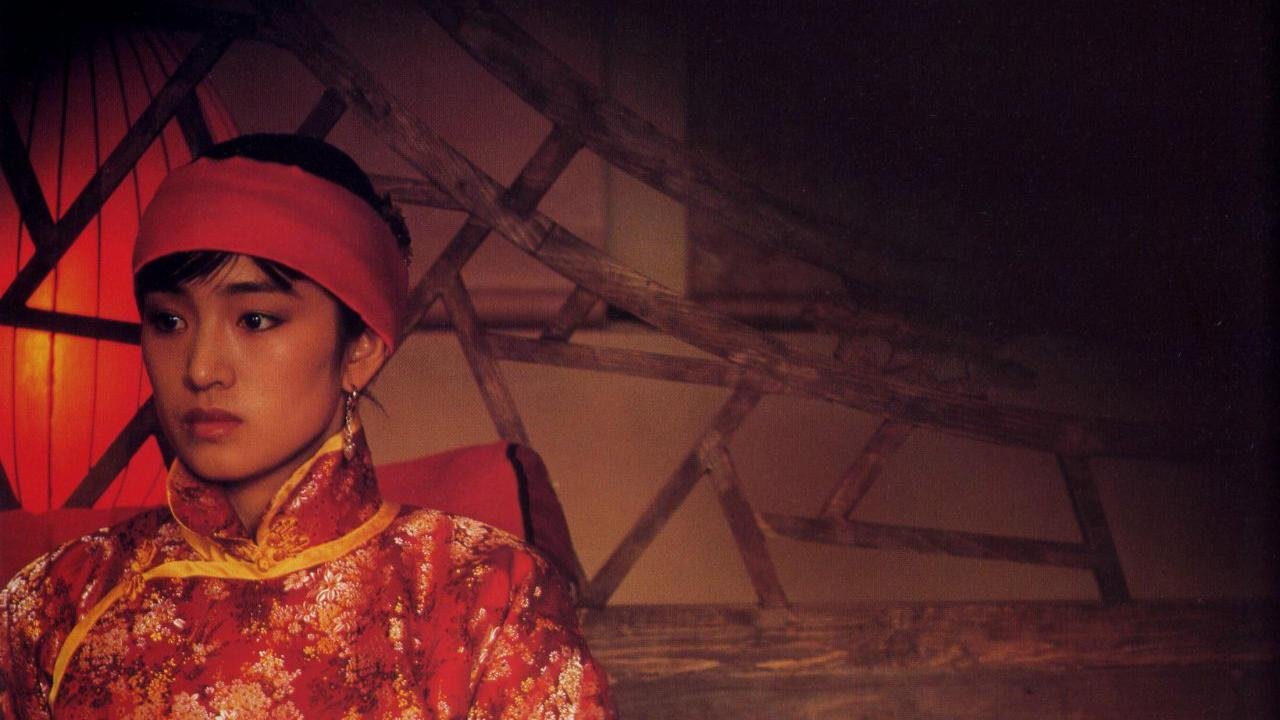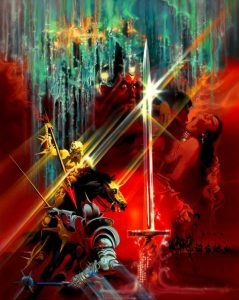The Artistry of Zhang Yimou: A Look at the Director’s Iconic Films
Zhang Yimou is a renowned director known for his visually stunning films that capture the essence of Chinese culture. Over the years, he has established himself as a master storyteller, creating movies that not only entertain but also leave a lasting impact on the audience. From his early works to his latest offerings, Zhang Yimou has never failed to impress critics and fans alike with his unique style and cinematic flair. In this article, we will take a closer look at some of his most iconic films and the artistry behind them.
Zhang Yimou is a renowned director known for his visually stunning films that capture the essence of Chinese culture. Over the years, he has established himself as a master storyteller, creating movies that not only entertain but also leave a lasting impact on the audience. From his early works to his latest offerings, Zhang Yimou has never failed to impress critics and fans alike with his unique style and cinematic flair. In this article, we will take a closer look at some of his most iconic films and the artistry behind them.

Introduction to Zhang Yimou
Zhang Yimou is a renowned Chinese filmmaker who has directed several acclaimed movies such as “Raise the Red Lantern,” “To Live,” and “Hero.” He first gained international recognition in the 1980s for his collaboration with cinematographer Zhang Yimou on the film “Red Sorghum.” Yimou’s films often explore themes of Chinese history, culture, and social issues. He is known for his visually stunning cinematography, use of color in storytelling, and his ability to direct compelling performances from his actors. Zhang Yimou‘s films have received numerous awards and nominations at major film festivals around the world, cementing his status as one of the greatest filmmakers of our time.
Early films in Zhang Yimou’s career
In the early stage of his career, Zhang Yimou directed films that focused on social issues and offered a critical commentary on the state of Chinese society. In his debut film “Red Sorghum,” he explored the lives of peasants in rural China during the Communist Revolution. “Raise the Red Lantern” tackled the themes of tradition and oppression of women in Chinese society. Zhang Yimou‘s early films often had a strong visual style and made use of vibrant colors and impressive cinematography. These early works helped establish Zhang Yimou as a major figure in Chinese cinema and paved the way for his later, more commercially successful films.
“Raise the Red Lantern” as a breakout success
“Raise the Red Lantern” was a breakout success for director Zhang Yimou, and one of the most critically acclaimed films of the 1990s. The movie, set in 1920s China, follows a young woman who becomes the fourth wife of a wealthy man and finds herself caught up in a brutal power struggle with the other wives. Zhang Yimou‘s stunning visuals and masterful storytelling captivated audiences around the world, and the film went on to receive countless accolades, including an Academy Award nomination for Best Foreign Language Film. “Raise the Red Lantern” is a must-see for anyone interested in the best of international cinema.

Political controversy surrounding “To Live”
To Live, a film directed by Zhang Yimou, sparked a lot of political controversy upon its release. The film was banned in China due to its critique of the Communist Party and its portrayal of the Cultural Revolution. Despite this, the film was well received internationally and won several awards. Zhang Yimou was even briefly placed under house arrest by the Chinese government because of the film’s content. Despite the controversy, To Live remains a powerful and poignant film that showcases Zhang’s skill as a director and storyteller.
Collaboration with actress Gong Li
Collaboration with actress Gong Li has been a recurring theme in Zhang Yimou’s films. The duo has created some of the most iconic movies in Chinese cinema history, including “Red Sorghum”, “Raise the Red Lantern”, and “To Live”. Gong Li’s talent and beauty have been perfectly captured on screen by Zhang Yimou, who is known for his stunning cinematography and attention to detail. Their collaborations have not only entertained audiences worldwide but have also garnered critical acclaim and awards. It’s no wonder that their partnership has become one of the most legendary in Chinese cinema.
Ongoing theme of family dynamics in Zhang Yimou’s films
Zhang Yimou is a master filmmaker who has explored the theme of family dynamics in many of his films. His works, such as “Raise the Red Lantern,” “To Live,” and “Not One Less,” focus on the relationships between family members and how they navigate the challenges and conflicts that arise within them. Yimou’s films are known for their emotional depth and complex characters, who are often struggling to balance their individual desires and needs with their responsibilities and obligations to their families. By exploring these themes in his movies, Yimou has created poignant and thought-provoking stories that resonate with audiences around the world.

Use of color and symbolism in Zhang Yimou’s visuals
Zhang Yimou is known for his masterful use of color and symbolism in his films. He often incorporates vibrant and contrasting colors to evoke emotions and convey underlying themes. For example, in his film “Hero,” each color used in the costumes and set design represents a different perspective on the same story. Red represents the emperor’s version of events, blue represents the assassin’s perspective, and green represents the truth. Zhang also frequently uses symbols, such as the water imagery in “Raise the Red Lantern” to represent the suffocating constraints of tradition and patriarchy in Chinese society. These creative choices not only make his films visually stunning, but also add depth and meaning to his storytelling.
Exploration of Chinese history and culture in films like “Hero” and “The Great Wall”
Zhang Yimou, renowned Chinese filmmaker, has explored the rich history and culture of China in many of his films, including “Hero” and “The Great Wall”. “Hero” tells the story of a Qin dynasty assassin tasked with eliminating a trio of would-be assassins plotting against the emperor, showcasing the grandeur and beauty of ancient Chinese architecture and martial arts. “The Great Wall” takes place during the Song dynasty and follows a group of European mercenaries who team up with Chinese soldiers to fight off a horde of monsters attacking the Great Wall. Both films are visually stunning and provide a glimpse into the rich traditions and history of Chinese culture.
Criticism of Zhang Yimou’s artistic choices in recent years
Zhang Yimou, a prominent Chinese filmmaker, has come under criticism for his recent artistic choices in his films. Some critics argue that his films have become too commercialized and lack the depth and nuance of his earlier works. In particular, some have pointed to his recent film “The Great Wall” as evidence of this trend, with its focus on spectacle and action rather than character development and storytelling. Despite this criticism, Zhang Yimou remains a beloved and influential figure in Chinese cinema, with a body of work that spans over three decades and includes some of the most acclaimed films in Chinese history.
Legacy of Zhang Yimou’s work in Chinese cinema
The legacy of Zhang Yimou’s work in Chinese cinema is a remarkable one, as he has managed to become one of the most renowned and respected filmmakers in the country. With his incredible vision and attention to detail, Zhang Yimou has created some of the most visually stunning films ever made, such as “Raise the Red Lantern” and “Hero”, which have captivated audiences all around the world. His ability to seamlessly blend historical and cultural elements into his films has earned him numerous accolades, including multiple Academy Award nominations. His work has inspired a new generation of Chinese filmmakers, who strive to emulate his artistic sensibility and cinematic prowess.
For more information about Zhang Yimou films, including movie details, cast information, etc..
check out the filmaffinity page.



